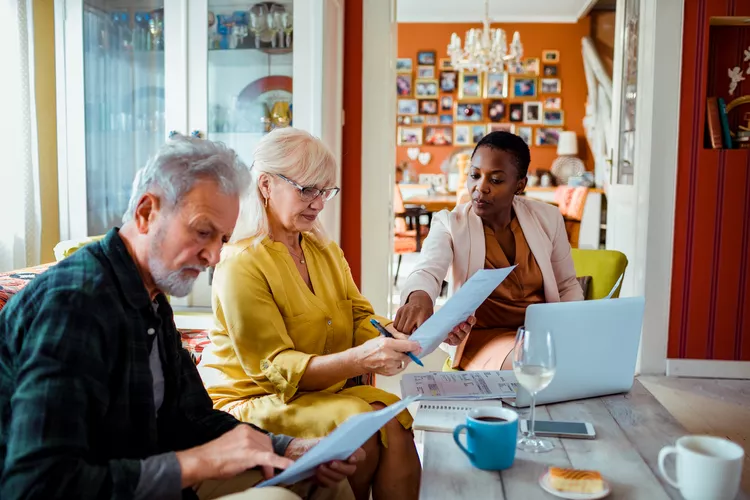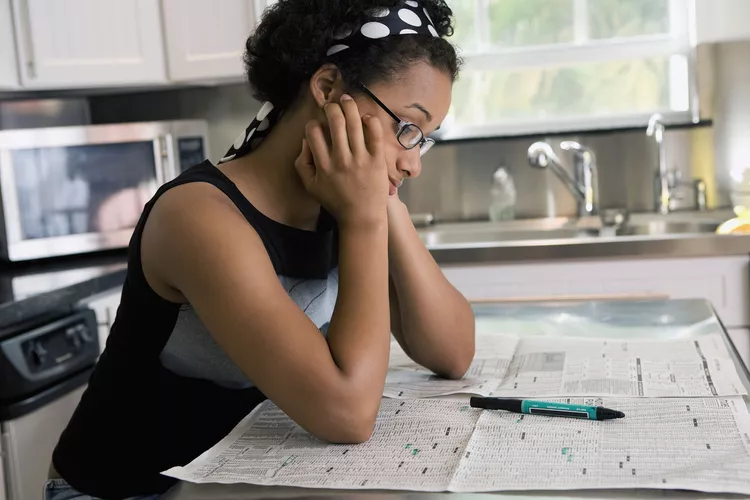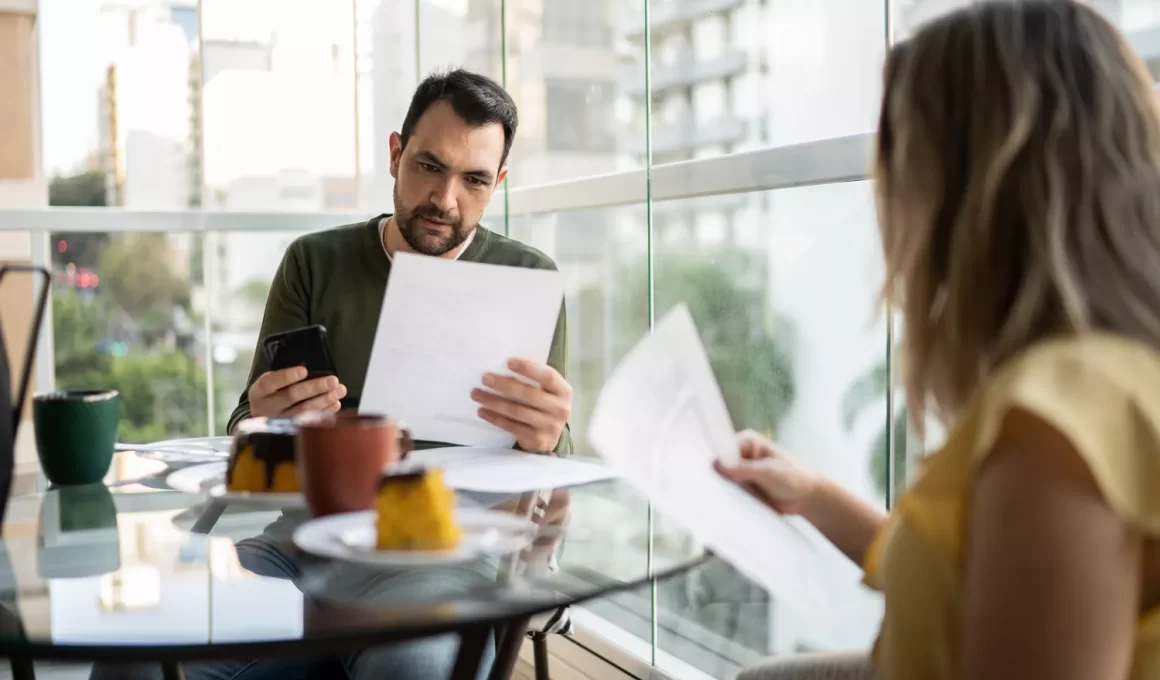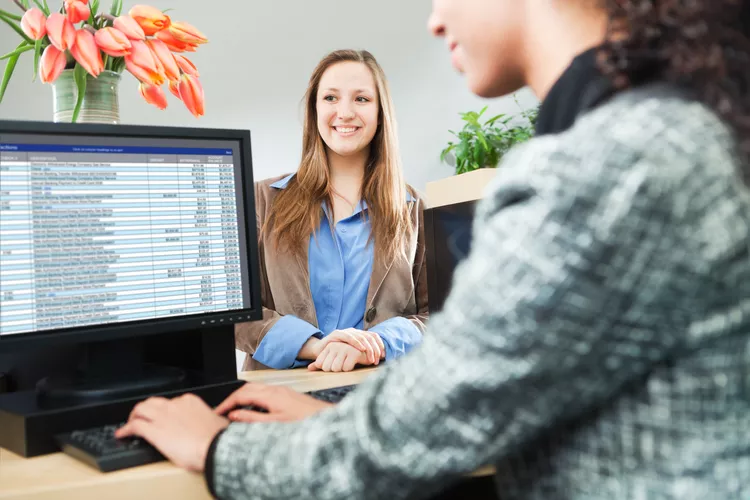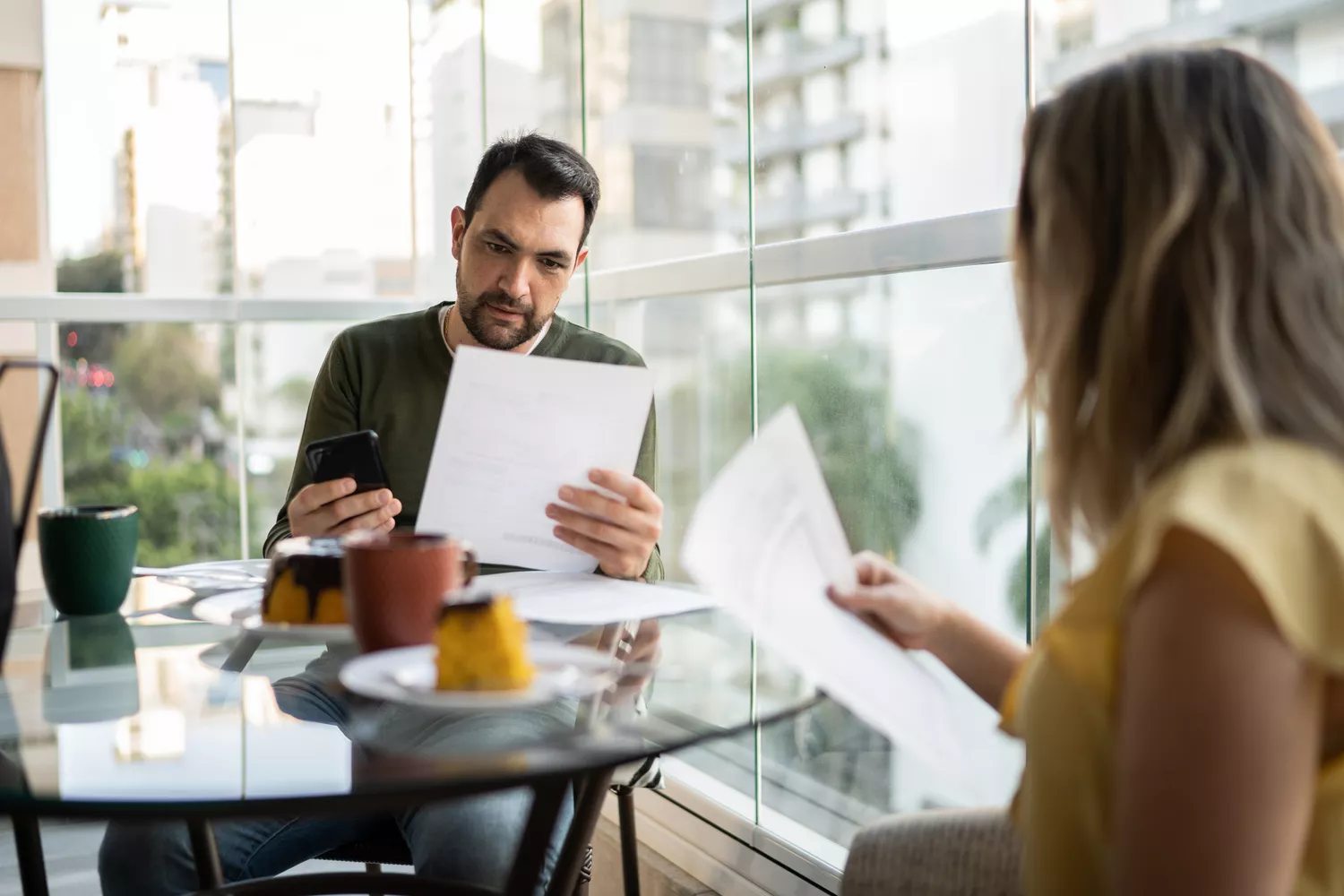
You’ll have to select a bank, and then provide them with the necessary information. This includes your ID and proof of residence. Usually, you’ll need to be at least 18 years old to meet bank eligibility requirements. You may also need to have the minimum balance or fund your account to avoid any fees.
The Key Takeaways
- You’ll need a government issued ID, your number of identification, as well as your mailing and physical address to open an account.
- You’ll want read the disclosures before choosing an account to learn about account fees and minimum balances.
- You can choose a bank or an account based on your preferences, such as high interest rates, low minimum balances, ATM fees-free, etc.
What you need to open a bank account
You’ll have to provide the bank with documentation in order for them to verify your identity when you open a bank account.
Prepare the following:
- A government issued ID (such a driver’s license, passport or military ID).
- Your Identification Number
- You must provide proof of both your physical and postal address
- An initial deposit (if required)
You may be able use another type of ID if you do not have a government issued ID. You can ask your bank which other forms of ID it accepts.
Your identification number could be your Social Security Number, Alien Identification Card Number, Individual Taxpayer Identification number or any other government issued ID number. Your identification number will most likely be your Social Security Number if you are a United States Citizen.
Select a Bank or Credit Union
If you know what type of account you want, you can search for the best deals. You can find the best deal if you know the type of account that you need, such as an online banking account or a savings account with high yield.
Three basic types of financial institutions exist:
- Community banks, big banks, and other banks may be known in your community or nationally. These banks should provide most of the services you require, such as checking and savings account, credit and debit cards, mortgages and personal loans.
- Credit Unions : A credit cooperative provides the same products and services as banks. You’ll find that these institutions are often more competitive in their rates, as they don’t necessarily try to maximize profits. It’s important to read fee schedules very carefully.
- Online credit unions and banks: These institutions are entirely online. You won’t have to pay for a branch visit and will be able to handle the majority of service requests on your own. You can save money on your savings account if you are familiar with using a mobile device or computer and you’re comfortable performing basic transactions.
Note:
It is possible to open multiple bank accounts. You may want to have an online account as well as a brick and mortar bank in order to reduce your fees and still be able to visit a bank in person if necessary.
Selecting an Account
Consider your needs if you are not sure of the type of account that you need.
- Direct Deposit : This account is used for receiving direct deposit and making payments.
- Savings Account: You can use these accounts to save money and earn interest.
- Money Market Accounts: These accounts can earn slightly higher interest than savings (while still allowing you to access your cash). These accounts may offer debit and check-writing options. 5
- Certificates Of Deposit (CDs) These products offer higher returns than savings accounts, but they require that you lock your money up for a period of time.
A bank can offer several products within one of these categories. Each product may have a different name or level of service. These accounts can have different minimum balance thresholds or fees.
As a general rule, choose a combination of features and charges that meets your budget and needs. If you are not sure you will keep much money in your account, it is best to choose a bank with low minimums and fees and a low initial balance.
Note:
You’ll want to only bank at a place where your money will be protected by FDIC coverage (or NCUSIF if you are using a credit union).
Your Financial History
It’s not necessary to have a perfect financial history to open a new bank account. However, it could influence the decision of whether or not your application is approved. ChexSystems is a consumer reporting agency which tracks checking and saving accounts. Your bank or creditunion may use this to assess the risk that a potential client poses to their institution. ChexSystems, the banking equivalent to credit bureaus, is a targeted consumer reporting agency that tracks checking and savings accounts.
If you are having difficulty opening a bank, it may be worth reviewing your credit report. You can also get a copy from ChexSystems.
Open a bank account
You’ll have to give your bank information and sign paperwork once you’ve chosen a bank.
You will have to accept certain rules, and take responsibility for your account. Before opening an account, make sure to read the disclosures. Be sure to pay attention to fees and how often you are allowed deposit and withdrawals.
Note:
You’ll need a person over 18 to help you open an account if you are under 18. You may still be able use online banking and a debit card.
Print, sign, and mail (if required)
You may need to sign and print a document before you can open a bank online account. You can make your banking relationship legally binding by using electronic disclosures and consent.
Your account will not be active until the bank has received the documents.
Fund Your Account
You’ll need to deposit money into your account when you open a savings or checking account. This can be required during the opening process or after your account has been opened. You can fund your account in several ways:
- Deposit Cash: You should have it available to you within a business day.
- Depositing a money order or check: Funds should be available in a few days, but may take longer if it is a new account. 10
- Direct deposit through your employer If you are offered this option, your earnings instead of a paycheck will be sent to your new bank account.
- Transfer money electronically You can transfer funds from another account to your initial deposit.
Use the account
You should now have a new account under your name if you followed the instructions. You should be able to access it within minutes or days. Keep an eye out in the mail for debit cards or ATM cards.
You may also be able order a checking book or receive one. You may be able sign up for features to help you manage money.
- Online Bill Pay: You can pay your bills online.
- Remote Check Deposit : You may be able to Deposit checks remotely using your bank’s app. This will save you from having to visit a branch and fill out deposit slips.
- Alerts : Subscribe to text or email notifications so you are notified when your account balance falls below a certain amount or if large withdrawals occur.
FAQs (Frequently Asked Questions)
What is required to open a Bank Account?
You’ll be asked to present identification when you open a bank account so the bank can verify that you are who you say you are. Bring a government-issued ID like a passport, driver’s licence or military ID. Ask your bank if it accepts other forms of ID if you do not have a government issued ID. You will need to provide an identification number. This could be your Social Security number or alien identification number. You’ll also need to provide proof of your mailing and physical address as well as a deposit if necessary.
What is the minimum amount of money to open a new bank account?
Each bank has different requirements for the opening balance of a new account. The majority of banks require a deposit ranging from $25 to $100. You can find banks that allow you to open a bank account with no money down. Ask the bank what amount of money is required to open an account, and the minimum balance to avoid any fees. Be sure that any bank where you deposit your money is FDIC-insured.
How long does opening a bank account take?
It is easy to open a new account. Online, you can apply in as little as 15 minutes. In person, it could take longer. You may need to wait a few days before the bank verifies your information.

